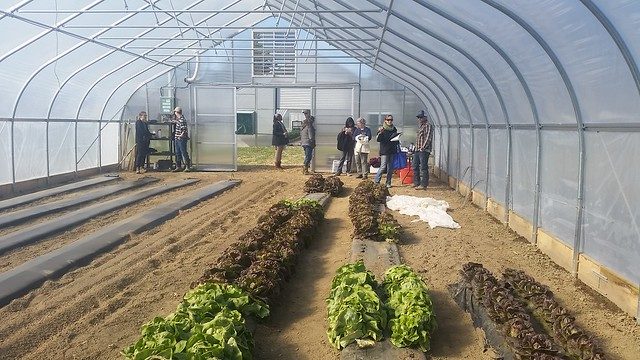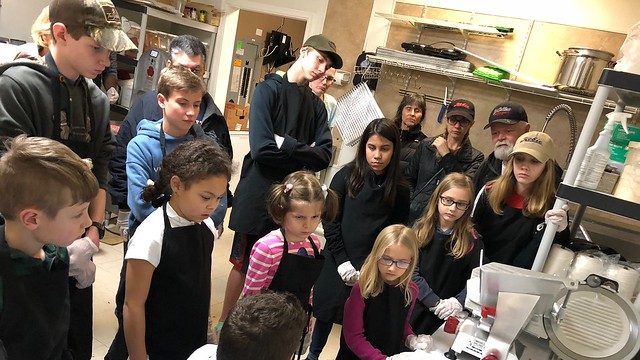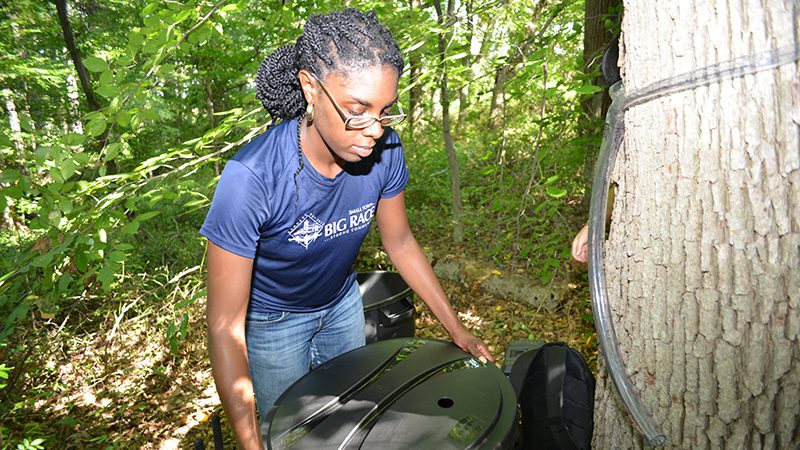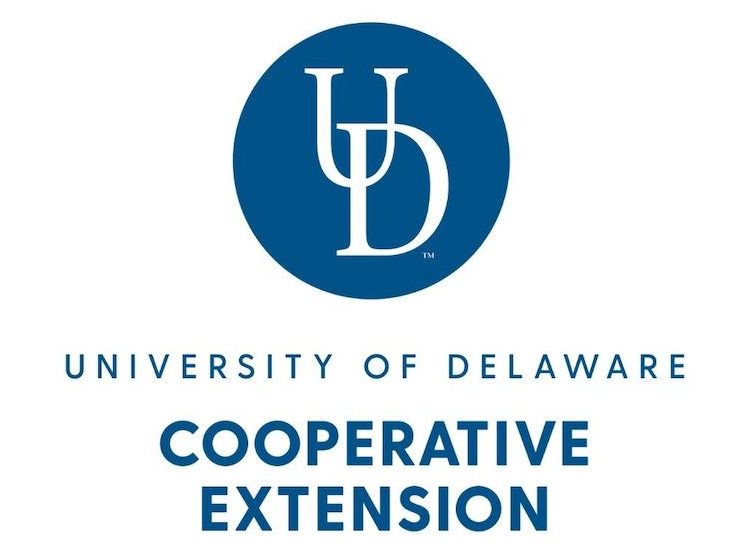
Welcome to UD Cooperative Extension
In 1869, the University of Delaware (UD) College of Agriculture and Natural Resources was established as the state’s land-grant university with a mission consisting of three elements: teaching, research and “extension”.
Cooperative Extension fulfills the third part of this mission: bringing knowledge to the people of Delaware. Today, we offer university knowledge, research and resources — just for you! You have questions.
We have expert answers. From nutrition , Master Naturalist , Master Gardeners to 4-H youth clubs and programs that support local agriculture — UD Cooperative Extension has something for everyone!
Make a DIFFerence
Getting involved with UD Cooperative Extension is an excellent way to support and improve your Delaware community. Whether you're volunteering as a 4-H Adult Leader or donating to supporting an Extension Scholar, your local Master Gardener program, UD Cooperative Extension is grateful to have your involvement!
AGENTS FOR CHANGE

Each year, impact statements summarize the accomplishments of our educational efforts! The latest impact statements are available in both text and infographic formats.
Trending Stories
-

Youth Workers as Partners in Health Advocacy
December 01, 2025 | Written By: Karen Johnston, 4-H Extension AgentEngaging youth in health advocacy is about more than addressing today’s challenges. It is about preparing young people to recognize their own ability to create change and to strengthen their communities for the future. With the right guidance, they can grow into capable leaders who not only improve health but also build a more equitable and hopeful society. -
UD Cooperative Extension offers turkey safety tips
November 24, 2025 | Written by Diane Oliver and Michele WalfredDiane Oliver, a University of Delaware Health and Well-being Extension agent and certified ServSafe instructor, identified the top five food safety mistakes both new and experienced cooks often make when handling and preparing turkey. One of the most surprising is not washing the bird in the sink. Here are Oliver’s top mistakes to avoid. -
Pumpkin: Spice up your Life
November 17, 2025 | Written by: Kimberly Moore, Health and Well-being Extension AgentAs fall settles in, the air turns crisp and the leaves begin to show their colors. With these seasonal shifts, the selection of fresh fruits and vegetables available in Delaware changes as well. One standout of the season is the pumpkin. Fresh pumpkins can be found at markets and stores across the state from August through November. They’re perfect for outdoor décor, carving into jack-o’-lanterns, or using in a wide variety of delicious recipes. And if working with a whole pumpkin feels intimidating—or they’re out of season—canned pumpkin puree offers an easy, affordable way to bring that classic fall flavor to your meals. -
Protecting Poultry
November 11, 2025 | Written by Michele Walfred | Photos by Michele WalfredUniversity of Delaware students enrolled in the course Understanding Today’s Agriculture visited a local organic poultry farm for an up-close, candid look into the state's largest agricultural sector. The farm’s owner, Georgie Cartanza, is UD Cooperative Extension’s poultry extension agent and a chicken grower herself with four poultry houses. She taught students about the importance of biosecurity on a farm.
Additional information: Office Locations & Staff Directory | Civil Rights Statements | Annual Impact Statements













